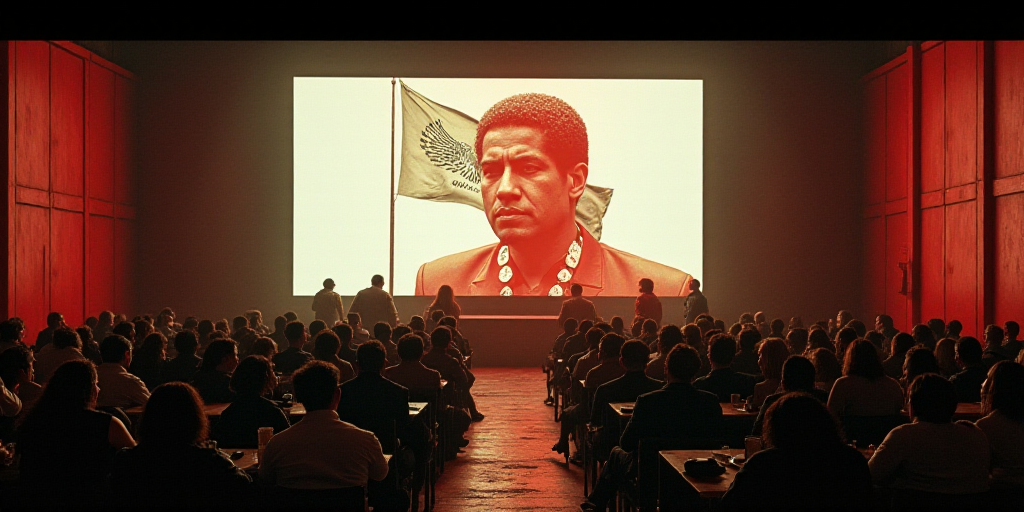Congress Prepares for an Extraordinary Session from June 23 to July 2
The Chamber of Deputies and the Senate are gearing up for an extraordinary session from June 23 to July 2 to address at least 22 pending reforms, with the possibility of including up to five additional federal initiatives if they arrive on time. These initiatives mainly focus on secondary laws for the judicial reform.
Ricardo Monreal Ávila, president of the Chamber of Deputies’ Junta de Coordinación Política (Jucopo), confirmed this legislative agenda, highlighting that it will cover crucial topics in public security, transportation, telecommunications, and human rights.
A Wide-Ranging Legislative Agenda
Monreal stated that the Chamber of Deputies has at least 12 pending reports, including:
- Law of the National System of Investigation and Intelligence in Matters of Public Security.
- General Law of the National System of Public Security, which includes creating a national telephony registry to enhance collaboration between local and federal authorities.
- Report to transfer Coneval’s functions to INEGI.
- Reforms to the Law of the National Guard, ensuring this corps respects the legal framework and avoids overstepping.
- Amendments to the Social Security Law, regulating partial retirements due to unemployment.
Meanwhile, the Senate will discuss around 10 reports such as:
- National Law to Eliminate Bureaucratic Tramites and Harmonize Services in the Three Levels of Government.
- Modifications to the Law on the Shield, Flag, and National Anthem, recognizing women who have shaped Mexico’s history.
- Railway reforms to ensure this service remains a priority area for the State.
- Amendments to the General Customs Law of Imports and Exports, related to totoaba.
Additionally, other crucial laws to ensure human rights and prevent crimes will be addressed, such as:
- Wildlife Protection Law to ensure the protection of dolphins.
- Law on Assets of Illicit Origin and modifications to the Federal Criminal Code.
- Law of the National System for Searching for Persons and Preventing Forced Disappearances.
- Competition Economic Law.
- Telecommunications and Broadcasting Law.
Pending Legislation
Monreal Ávila clarified that Congress is still waiting for five more initiatives from the federal executive, all focused on secondary laws for judicial reform and other key topics:
- Federal Penal Procedures Code.
- Federal Law against Organized Crime.
- Federal Amparo Law, Regulatory of Articles 103 and 107 of the Constitution.
- Federal Administrative Contention Procedure Law.
- Federal Health Law to regulate vape users.
If these projects do not arrive before June 23, they will be excluded from the initial agenda. However, the Permanent Commission could call for a second extraordinary session to incorporate them.
Key Questions and Answers
- What is the purpose of this extraordinary session? The main goal is to address at least 22 pending reforms, with the possibility of including up to five additional federal initiatives focused on secondary laws for judicial reform and other key topics.
- What topics will be covered in this session? The agenda covers public security, transportation, telecommunications, human rights, and other crucial areas. Specific topics include the National System of Investigation and Intelligence in Matters of Public Security, railway reforms, telecommunications law, and more.
- What happens if the additional initiatives do not arrive on time? If these projects do not arrive before June 23, they will be excluded from the initial agenda. However, the Permanent Commission could call for a second extraordinary session to incorporate them.






